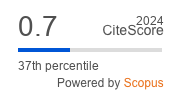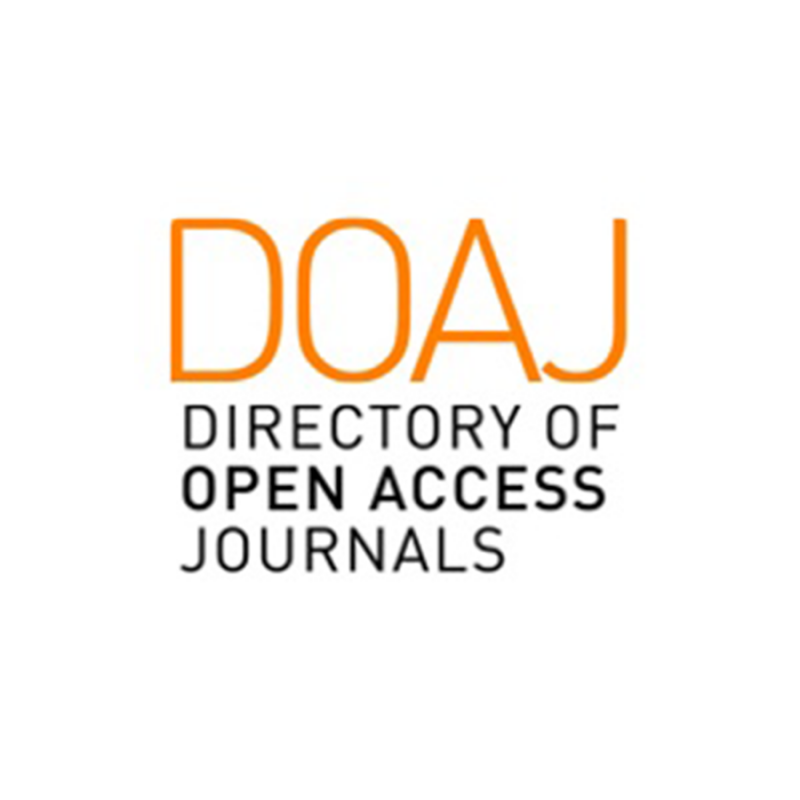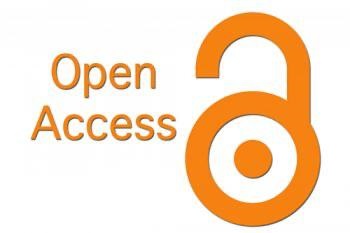Cancer Patients’ Experiences and Understanding of Venous Thromboembolism
DOI:
https://doi.org/10.47723/kcmj.v17i3.401Keywords:
Cancer-associated thrombosis, Cancer, Qualitative studyAbstract
Background: Venous thromboembolism (VTE), comprising deep vein thrombosis (DVT) and pulmonary embolism (PE), presents an extra challenge in the management of patients with cancer, given the increase in morbidity and mortality in having both conditions. Cancer patients are well known to have a high risk of VTE; particularly; those who have had major surgery, chemotherapy and/or hormonal therapy. These groups of patients need to understand the risk factors and the prophylactic measures to prevent developing VTE. This review aims to provide an overview of the literature on cancer patients’ understanding of VTE and their experiences of cancer-associated thrombosis (CAT).
Method: A scoping review was carried map the literature and explore the types of evidence available. A structured electronic search was conducted in Embase, Scopus and Medline in June 2020. All titles and abstracts from the search were evaluated independently by two reviewers and disagreements were resolved by a third arbitrator. Eligible papers were qualitative studies and reviews of adult patients' experience of cancer-associated thrombosis.
Results: Ten articles met the inclusion criteria, nine primary qualitative studies and one systematic review that explored cancer patients’ experiences of living with CAT. Participants had various cancer types. Most had advanced disease and were receiving palliative care. Four major themes emerged from the data: Lack of meaningful information on CAT, cancer patients unaware of signs and symptoms of VTE, limited awareness of CAT amongst HCPs and acceptability of anticoagulant.
Conclusion: All the studies explored patients’ experience of VTE in the cancer context, and all included studies showed that participants had limited information about VTE, VTE risk and VTEs’ signs and symptoms. However, no qualitative studies explored patients' understanding of VTE in prophylactic settings in high-risk cancer patients.














